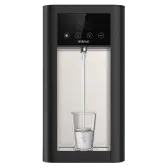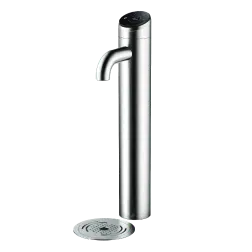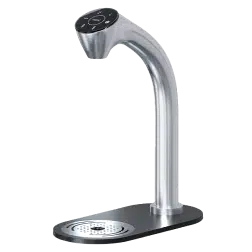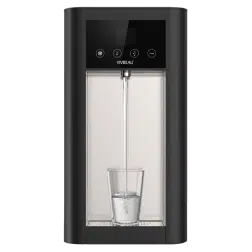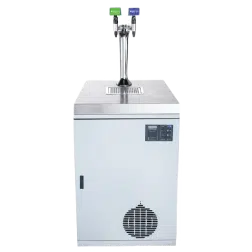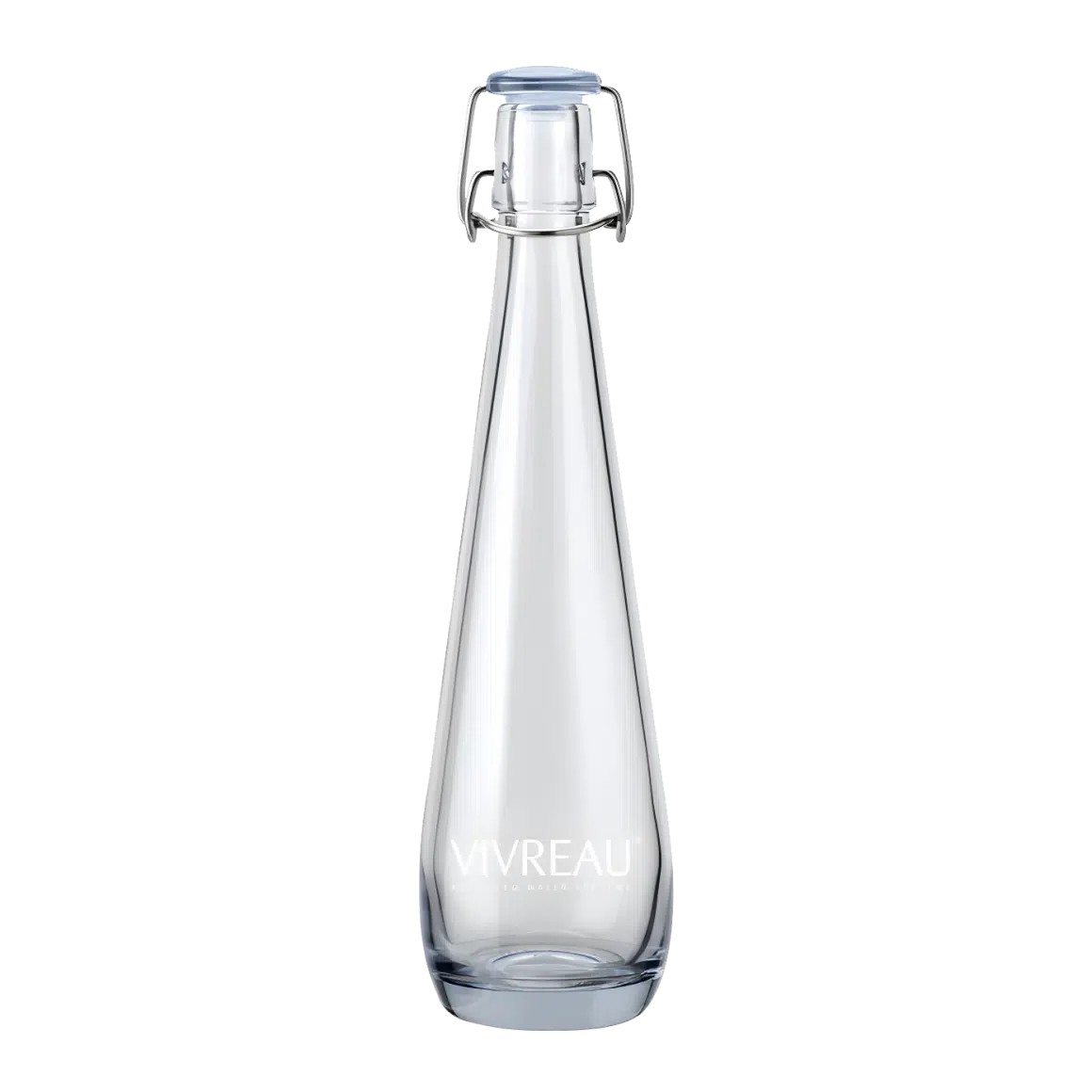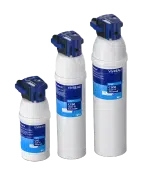THE RIGHT WATER MAKES A DIFFERENCE
Filtering your water helps prevent:
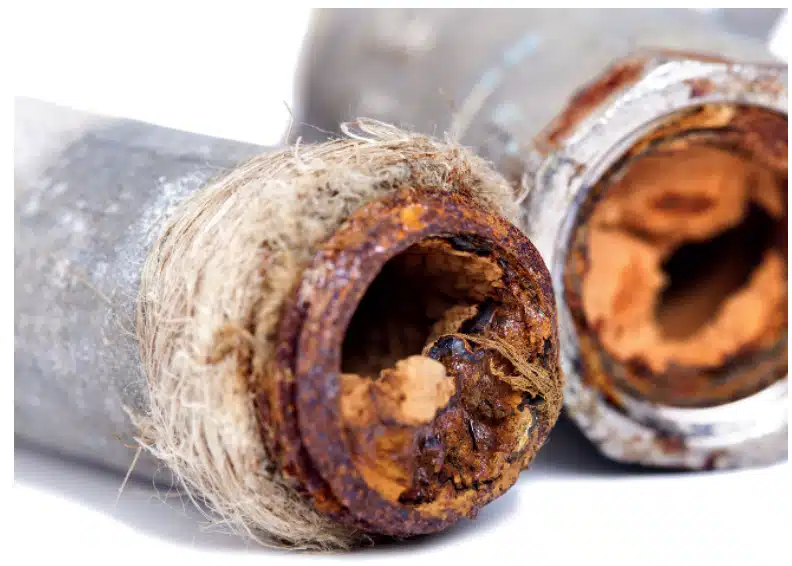
‘1- Scale and gypsum deposits
Water with high carbonate or permanent hardness can lead to scale and gypsum deposits.
Why it’s a problem:
• Equipment damage and downtime
• Higher electricity and maintenance costs
• Smears on dishes/glasses
Why filter?
It prevents deposits
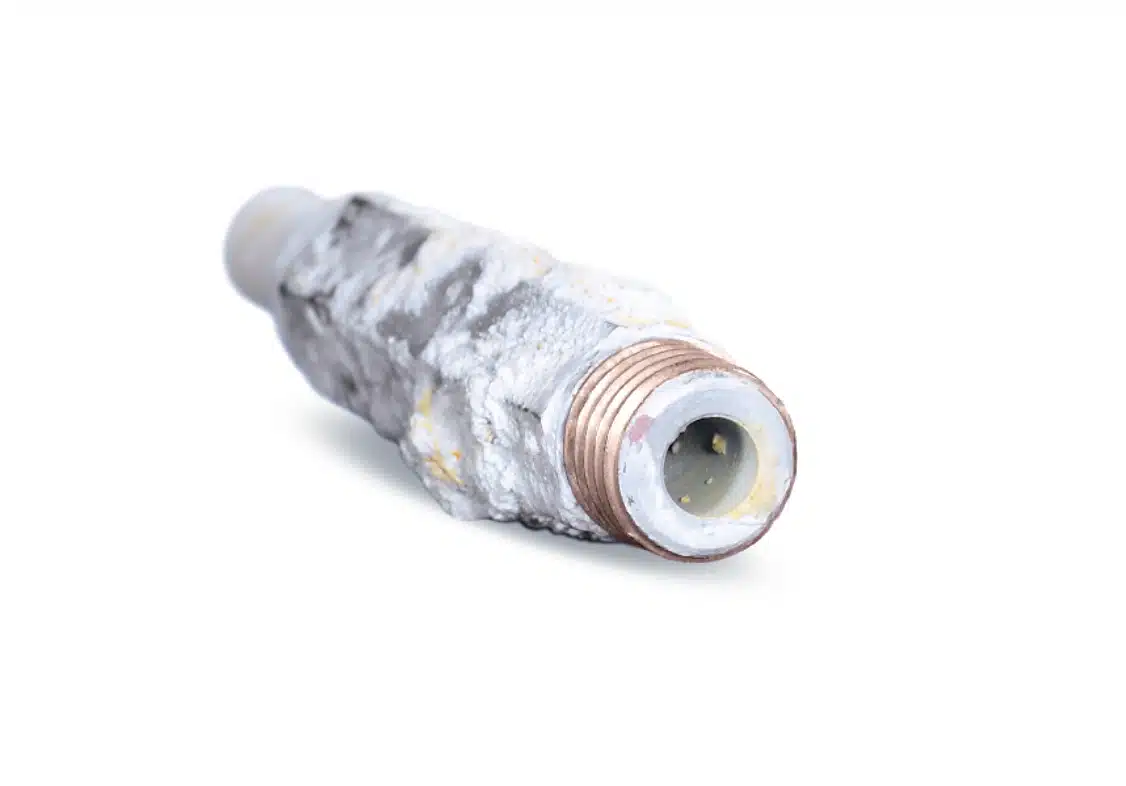
‘2- Equipment downtime
Water with a high number of particles can clog or damage equipment.
Why it’s a problem:
• Solenoid valves may not close properly
• Higher maintenance costs
• Dissatisfied customers
Why filter?
It protects machinery and cuts costs

‘Unpleasant aroma
Mains water may contain substances such as chlorine with a negative impact on taste and aroma. This is where targeted filtration makes a difference.
Why it’s a problem:
• Unpleasant taste and aroma
• Beverages do not look appealing
• Dissatisfied customers
Why filter?
It traps unwanted substances and creates the ideal mineral composition
What you achieve by filtering water?
What VIVREAU® filter components do
Ion exchanger
• Decarbonisation – lowers carbonate hardness
• Softening – lowers total hardness
• Reduction in volume of metals such as lead, copper, zinc, iron
Activated carbon
•Improvement in water odour and taste
• Reduction in chlorine and chlorine compounds
• Reduction in organic impurities
• Increase in clarity
Particle filter
• Removal of particulate matter, e.g. rust, scale
• Removal of organic material, e.g. fibres
• Removal of particles (μm range)

Water and coffee
Water is the main ingredient in coffee. So it’s a pretty big deal. The Specialty Coffee Association (SCA) has created a special chart to raise awareness of water’s impact on coffee quality. SCA also promotes a measure-aim-treat approach. If you want to know how this can help you brew better coffee, simply contact us.
The taste of water – and therefore coffee – is significantly
influenced by the volume and types of dissolved minerals:

How water’s taste affects your brew
Dissolved minerals influence the way water extracts coffee from grounds. And this affects your coffee’s flavour profile. Some minerals also interact with components in coffee. Hydrogen carbonate, for example, reacts with coffee acids. Too much can lead to a “flat”, unbalanced flavour.
Substances from water treatment can cause unwanted corky, chlorine or musty tastes. Some can even influence how coffee smells – altering its aroma profile.
Plus, organic contaminants in water can often lend an off-flavour to coffee. In particular, water with these types of solutes can produce coffee with a distinctive earthy or musty taste (geosmin).
Lastest Posts



